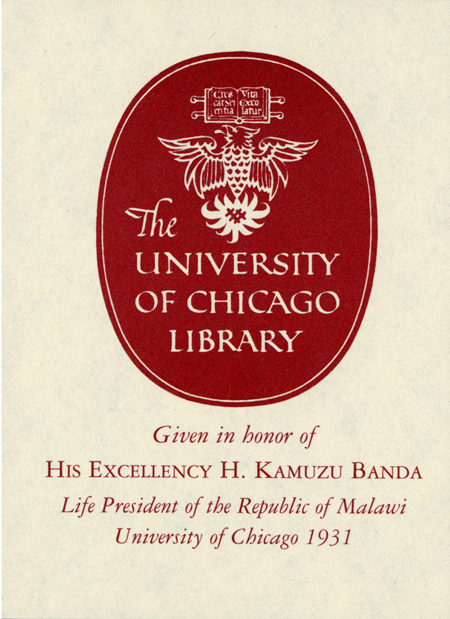Review by Choice Review
In this ethnography of music in The Gambia, West Africa, Ebron (anthropology, Stanford Univ.) treats, specifically, the role of the jali--the hereditary professional musician of the Mandinka people--in present-day society. The book offers deeply reflective and insightful analyses of social situations involving music and musicians. In support of her assertions, the author includes detailed personal narratives of many of her experiences, not only musical, thus enabling the reader to grasp the broader social climate in which jaliya takes place. Ebron also discusses such problematic subjects as tourism and the perception of The Gambia as representative of an almost mythical "Africa." Uncharacteristically (for an anthropologist), Ebron pays little regard to the Mandinka language, which results in two annoying errors that mar the scholarly quality of the book: she uses the singular jali to represent the plural, contrary to Mandinka usage (the plural is jalolu, and even the Anglicized word "jalis" is in common use) and in comical contrast, she uses the term jali musaloo [sic] (i.e., jali musolu), which means "jali women," to refer to an individual. Nevertheless, the book offers a new understanding of the performative roles of both performers and audiences. ^BSumming Up: Recommended. Collections supporting coursework in ethnomusicology and anthropology at the upper-division undergraduate level and above. R. Knight Oberlin College
Copyright American Library Association, used with permission.
Review by Choice Review

